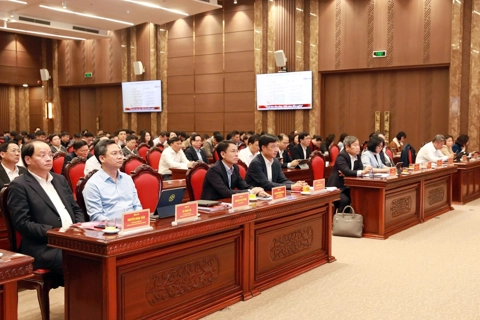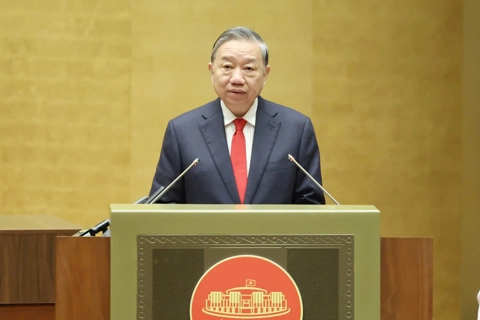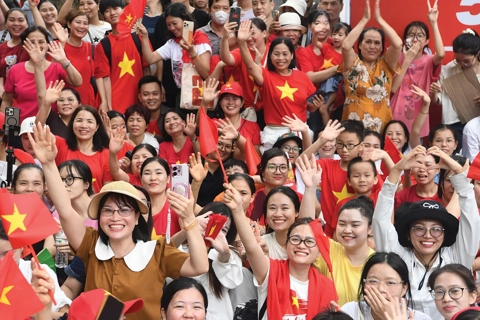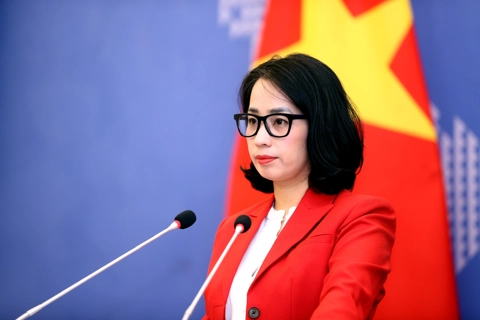Australia launches plastics innovation hub in Vietnam
The hub in Vietnam, together with global initiatives, is expected to help reduce 80% of plastic waste discharged into the environment by 2030.
Plastics Innovation Hub, a new model to tackle plastic waste in the Indo-Pacific, was launched in Vietnam on June 23 by the Government of Australia.
| Plastic waste remains a thorny issue in Vietnam. Photo: Embassy of Australia in Hanoi |
The Plastics Innovation Hub Vietnam (the Hub Vietnam), which expands the network in the region following the launch of Plastic Innovation Hub in Indonesia in March 2022, is aimed to reduce plastic waste in Vietnam through key stakeholder collaborations and science and innovation excellence.
The Hub Vietnam differentiates itself by focusing on early-stage initiatives, setting foundations, and aiming to connect participants with key networks.
It’s an initiative of the Aus4Innovation Program, an official development assistance program sponsored by Australia’s Department of Foreign Affairs and Trade, managed and co-funded by CSIRO, Australia’s national science agency, out of the Australian Embassy in Hanoi, and delivered in strategic partnership with Vietnam’s Ministry of Science and Technology (MOST).
The Hub Vietnam is part of CSIRO’s Ending Plastic Waste Mission, which has a goal of 80% reduction in plastic entering the environment by 2030.
CSIRO Southeast Asia Counsellor, Amelia Fyfield said that collaboration was the key to solving the global plastic pollution challenge. “CSIRO is excited to collaborate through the Plastics Innovation Hub Vietnam and use our globally renowned science and expertise to work on addressing this problem internationally,” Fyfield said.
The Hub Vietnam will be a vehicle for collaboration, bringing together local communities and governments, businesses, and investors to undertake action-based projects to reduce the impacts of plastic waste.
Research into plastic in Vietnam has already been undertaken as part of CSIRO’s largest global plastic pollution survey. The goal of this work has been to identify how much and what types of rubbish end up in the environment. Additional work between Australia and Vietnam is also planned for the coming months, as Vietnam looks to develop a national data repository and expand on-the-ground surveys.
Program Director for Aus4Innovation, Kim Wimbush, said solutions based on science, technology, and innovation would support the Vietnamese government’s goals of tackling plastic waste and building a circular economy.
“Reducing plastic waste brings economic and environmental advantages,” Dr. Wimbush said, “Expanding our collaborations across the region will identify new approaches in reducing plastic waste and support Vietnam’s pledge to reduce the flow of plastics into the ocean by 75% by 2030.”
Aus4Innovation is an AU$14.5 million (US$10 million) development assistance program that aims to strengthen Vietnam’s innovation system, prepare for and embrace opportunities associated with Industry 4.0, and help shape Vietnam’s innovation agenda in science and technology.


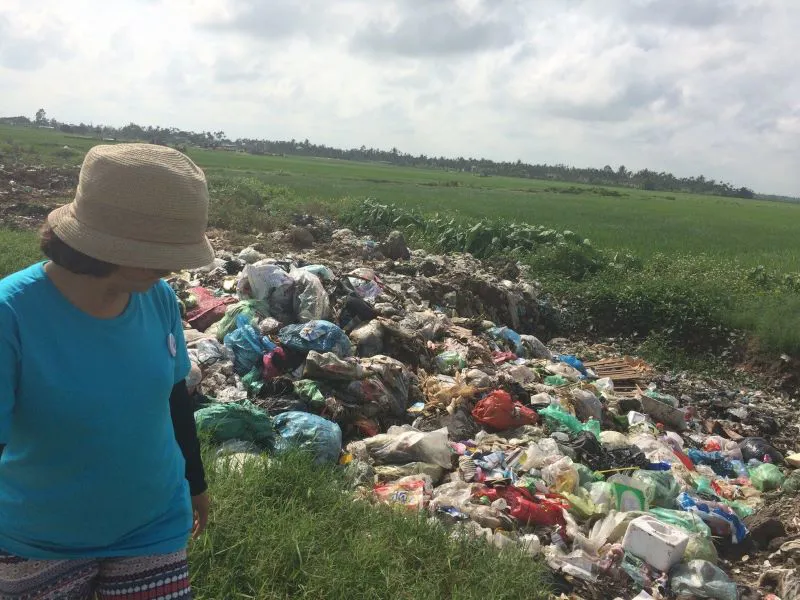
![[Efforts against pollution] Behavior change needed for solid waste management in Vietnam: Experts](https://cdn-media.hanoitimes.vn/2022/06/09/SPEAKERS.JPG.jpg?w=480&h=320&q=100)




